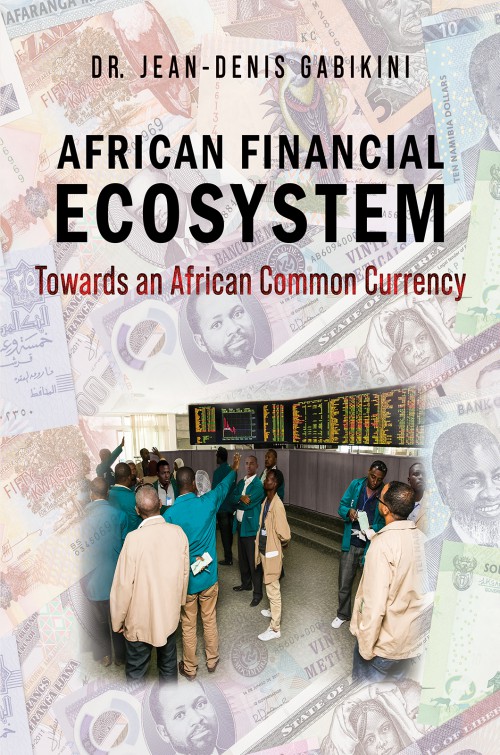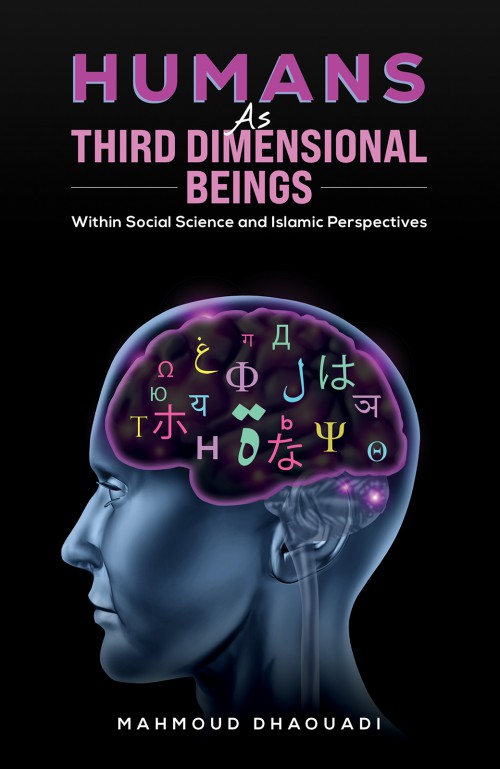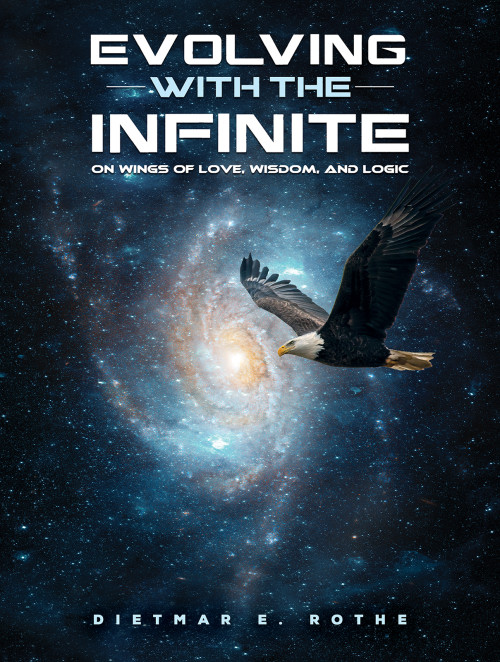-
African Financial Ecosystem
Historically and contextually, various integration models were experimented with by colonial powers, but these systems largely collapsed post-independence. For instance, the French attempted to maintain cohesion but prioritized their own interests, leading to fragmentation.
Efforts in East and West Africa similarly faltered, as each nation pursued its own agenda without a unified political will. South Africa made a notable attempt, but integration never materialized; it would have required a different approach, such as the adoption of a SADC currency.
The recent endeavors of AES countries and Zimbabwe’s new currency inject fresh dynamics into this ecosystem. Concurrently, the rise of new technologies presents both challenges and opportunities for financial integration.
Public organizations and pan-African institutions play crucial roles in navigating this journey, where the political dimension holds significant sway. Additionally, international dynamics, exemplified by initiatives like those of the BRICs, further influence the landscape.
Taken together, these elements paint an intriguing picture, fostering discussions on the African ecosystem and brainstorming plausible solutions. The ultimate aim is to achieve, within a reasonable timeframe, a monetary union and a common African currency.
$27.95 -
Humans as Third Dimensional Beings
Explore a fresh lens on human identity in 'Humans as Third Dimensional Beings', where the author introduces a unique dimension that sets Homo sapiens apart – the Third Human Dimension (THD). Traditionally viewed as bi-dimensional entities encompassing body and soul, this book ventures beyond, inspired by a rich blend of cultural insights, social science theories, and Islamic perspectives.
Contrary to prevalent social science paradigms that label humans as Homo Oeconomicus, Homo Politicus, or Homo Sociologus, Professor Dhaouadi underscores a vital yet overlooked facet: Homo Culturus or the Third Dimensional Being. The philosopher and social scientist Herbert Marcuse once analysed ‘one-dimensional man’. This work not only challenges social scientists for overlooking the Homo Culturus aspect but also critiques anthropologists, despite their focus on culture, for missing this crucial dimension.
Highlighting the THD or the Homo Culturus is imperative for lending credibility to social sciences, especially when asserting the three Homos as fundamental aspects of human behavior. Dive into an enlightening discourse that re-evaluates human essence through the prismatic lens of culture, offering a novel conceptualization that enriches the understanding of our complex nature.
$13.95 -
Radical Resilience
In this incredible world of diversity, there is a darkness that blinds us from recognizing the beauty and value of all humanity. We are held hostage by our misconceptions, prejudices and fears.
How do we break free?
There is hope in the darkness. Beacons of light shine amongst us revealing the goodness of mankind. These courageous ones are moved by the people before them. They see into the human heart and respond with compassion. They understand their responsibility to partner for justice, creating a Radical Resilience that causes people to rise above their circumstances to thrive.
May the power of partnership create a Radical Resilience that changes the world.
$19.95 -
They Died on My Watch
Who was the actress who died just before Christmas? She was the voice of …..... in …......
Did Hitler commit suicide, or was he shot by Russian troops?
Do you remember what year Princess Diana died in that car crash in Paris?
How many husbands did Elizabeth Taylor divorce in her lifetime?
What was that well known British actor who passed away right after David Bowie died?Questions you might hear at the next table of your favourite eatery. Questions you may or may not know the answer to. They Died on My Watch can answer these and many more. It is a comprehensive reference work that should prove itself indispensable to any household. Most certainly a book to sustain interest when cruising at 35,000 feet between London and New York. It might be seen as the ultimate ‘umpire’ to settle any argument that may arise within a discussion involving a deceased celebrity, recent or not.
$31.95 -
Evolving with the Infinite
Evolving with the Infinite is an impressive, scholarly, thought-provoking examination of the purpose of life and humanity’s role in the cosmos. It is a courageous quest for answers to life’s ultimate questions. The material in Evolving with the Infinite presents a fresh coherent theory of a worldview that builds bridges between science and spirituality, a new paradigm of reality that brings together science, philosophy, metaphysics, theology, cosmology, psychology, sociology in a logical systems-view of All-that-Is. If the author had to choose a single subject field, it would be: “Philosophy.”
Read and learn about:
Life after physical death
Personal and cosmic evolution
The urgent need for a wisdom society
Divine powers of love, wisdom, and logic
The mysteries of life; its meaning and purpose
Spiritual consciousness versus physical awareness
A map for conquering fear and gaining personal power
Relationships of spirit, mind, brain, and consciousness
The difference between gods and the spirit of creation
The liberating power of forgiving and letting go
How freedom must be won by personal effort
Life as an opportunity for spiritual growth
Living wisely by the directives of creation
A new cosmology versus the big bang
What truly is love and compassion
The living and evolving omniverse
Unknown, lost civilizationsThe book:
Is inspirational and positive but also realistic.
Aims to help readers on their individual paths of evolution.
Makes use of graphics and charts to illuminate important relationships.
Is trans-denominational and aims to heal the rift between science and religions by presenting a holistic and comprehensive worldview.
Clearly distinguishes between information, knowledge, and wisdom. Knowledge is recognizing the truth. Wisdom is living it.
Presents a realistic path toward a wisdom society.
Offers a new and realistic alternative to the Big Bang cosmology.$20.95
We use cookies on this site to enhance your user experience and for marketing purposes.
By clicking any link on this page you are giving your consent for us to set cookies






